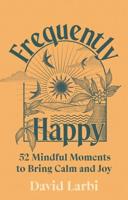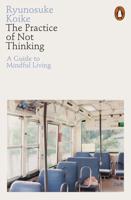Publisher's Synopsis
This historic book may have numerous typos and missing text. Purchasers can usually download a free scanned copy of the original book (without typos) from the publisher. Not indexed. Not illustrated. 1922 edition. Excerpt: ... HISTORICAL INTRODUCTION THE idea of death has perhaps never been more present to humanity than during the years through which we have just passed. It has been the daily companion of millions of men engaged in a murderous conflict; it has haunted the even larger number who have trembled for the lives of their nearest and dearest; it is still constantly in the thoughts of the many who nurse regret for those they loved. And doubtless also, the faith or the hope has never more imposed itself, even on the unbelieving, that these countless multitudes, filled with moral force and generous passion, who have entered eternity, have not wholly perished, that the ardour which animated them was not extinguished when their limbs grew cold, that the spirit which impelled them to self-sacrifice was not dissipated with the atoms which formed their bodies. These feelings were known to the ancients also, who gave to this very conviction the form suggested by their religion. Pericles1 in his funeral eulogy of the warriors who fell at the siege of Samos declared that they who die for their country become like the immortal gods, and that, invisible like them, they still scatter their benefits on us. The ideas on immortality held in antiquity are often thus at once far from and near to our own--near because they correspond to aspirations which are not antique or modern, but human, far because the Olympians now have fallen into the deep gulf where lie dethroned deities. These ideas become more and more like the conceptions familiar to us as gradually their time grows later, and those generally admitted at the end of paganism are analogous to the doctrines accepted throughout the Middle Ages. I flatter myself, therefore, that when I speak to you of the beliefs...






